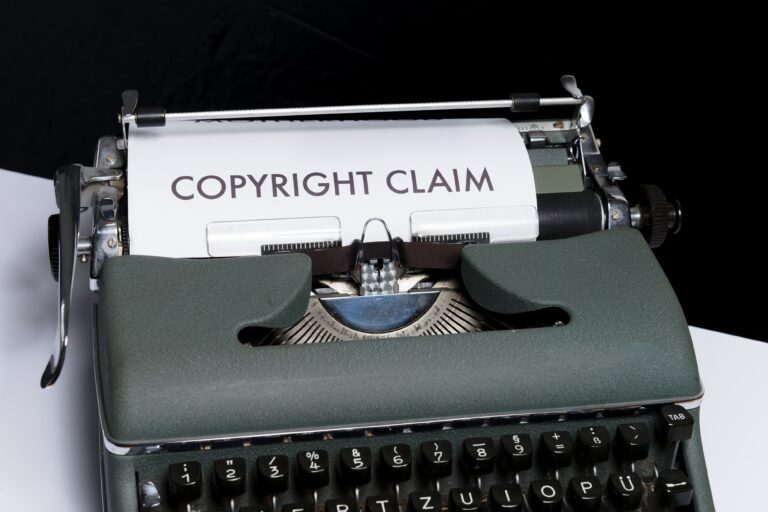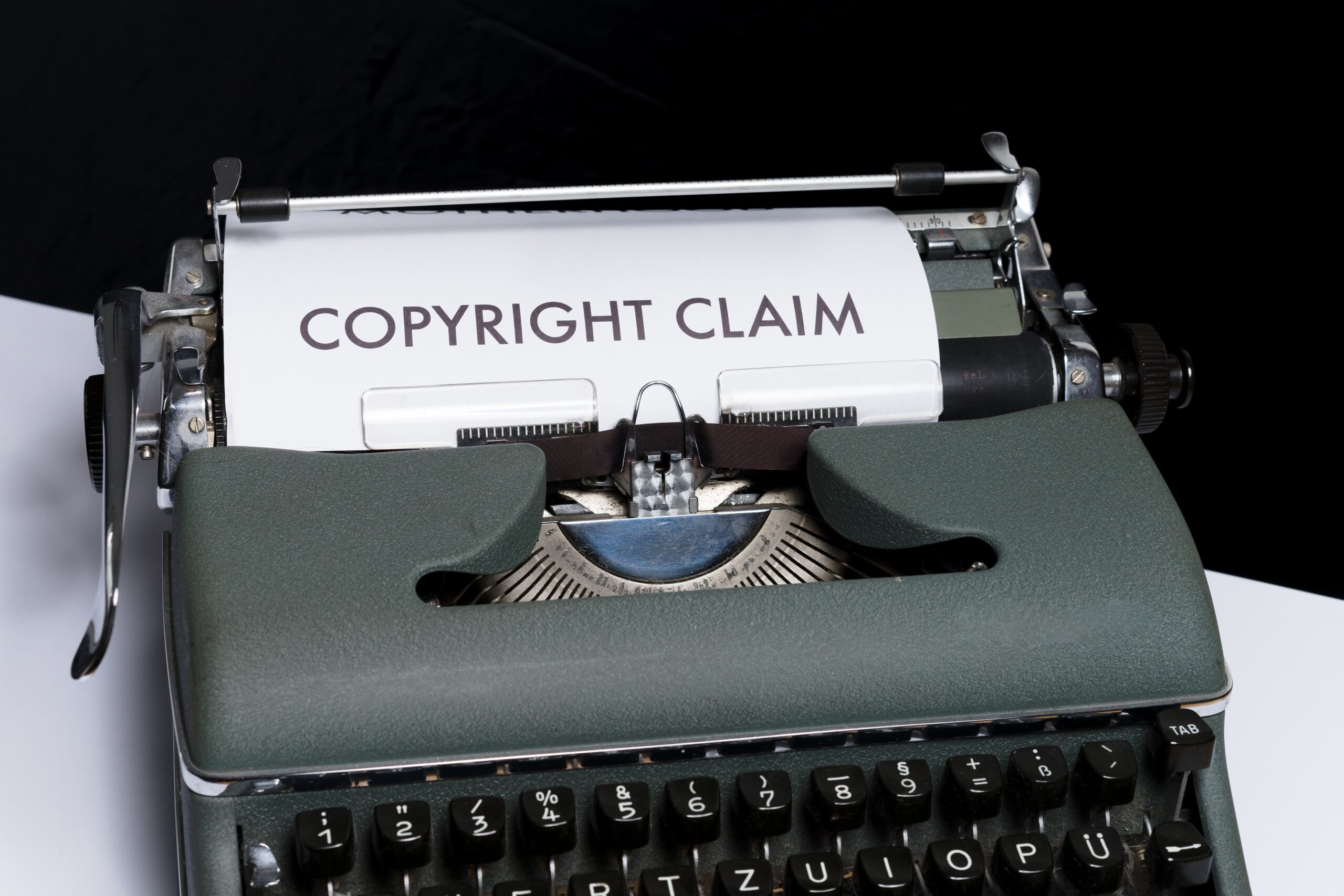
Music industry laws are confusing and complex. However, basic knowledge of copyrights, royalties and infringements can help you understand how to protect your art.
Before we start, we would like to mention, that this blog should not be considered as legal advice. For the legal purpose, you should hire an attorney specialized in the entertainment law. Moreover, every country has its laws, so you need to check your country’s copyright law to get the details on this matter.
The technical jargon written bellow is to educate you on the basics. Don’t worry we have made it as simple and straightforward as possible.
What is copyright, why do it?
You might feel intimidated by heavy words like the copyrights and the royalties. On the contrary, these laws are made to help you.
Copyright is designated ownership of your creative work, but for a limited period. Its purpose is to protect the original creative work that you have worked hard for. For any musician, it’s the most valuable long-term asset you can own. It gives you a monopoly on the use of that specific work. Its primarily, lawmakers encouraging creative people like yourself, to create more by protecting your work and allowing you to have exclusive rights. However, copyright law doesn’t protect a band name, tagline, ideas, song titles etc. These above mentioned are protected under the “Trademark” law.
As we said above, every country has its authorities and specific laws on copyright, which might differ from each other, but the idea behind them is the same. You can know more about contracts and agreements through our blog HERE
How long does a copyright last?
The term of copyright differs from country to country. But roughly speaking it can be anywhere between Life +50 to 70 years.
Life here means as long as you live. In case of a band or joint work with your buddy, the term of copyrights lasts N number of years depending on your country laws, after the last survivor’s death. That means, you might still be earning loads of money from your album, while the rest of your band members will be sipping a cocktail in heaven.
Furthermore, after the last survivor’s death, the copyright falls into the public domain.
Types of Copyrights
- Song writing Copyright – Quite self-explanatory. Copyright owned by the songwriter for the song lyrics or a melody recorded in sheet music. When a song is played or aired, the songwriter gets paid for it. Under this copyright, the songwriter is entitled to mechanical royalty, synchronization royalty and others stated below.
- Masters – also known as Sound recording rights. A master recording is an original song that will be used for distribution both physical and digital. Master rights usually belong to the party that is investing money to record that song. It can be either the artist or the record label.
What Royalties are included in Copyrights-
- Mechanical Royalties –These are the royalties paid for the right to reproduce a composition through the process of recording, manufacturing, and distribution of copyright-protected music. Mechanical royalties also include royalties from streaming services
- Public Performance Royalties – These royalties are paid for the right to play a composition in public, such as radio, TV, live performance in venues like bars and clubs.
- Synchronisation Royalties –These royalties are for the right to synchronize the music to the video images, commercials, movies, tv shows, background score in movies or video over the internet.
- Derivatives Royalties – As the name suggests, these are the royalties generated through the derivative work. You might wonder what is a derivative work? A derivative work is a work based on or derived from one or more already existing work. Therefore, any work that is derived from your creation such as, remixes or compilations etc.
What is Infringement?
If you believe that your copyrighted music has been used by someone without your permission, that person could be held liable for copyright infringement and can be financially penalized. However, you will have to prove such infringement in the court. Therefore, copyright infringement prevents people or companies from misusing your work. And in case of exploitation, it helps to claim the damages in terms of revenue.
What is Fair use?
Fair use allows limited use of your copyrighted material without acquiring prior permission from you. It is considered fair use when your copyrighted work is used for purpose of teaching, research, news reporting, critical assessment etc. Therefore, sorry but you cannot sue the critic who gave you bad reviews on your last album.
How can I copyright my music?
Once you’ve completed the writing or recording of your songs. You can easily apply for the copyright to the relevant authority in your country. This is not obligatory, though we would recommend you do it, especially if you want the benefits of your work and prevent others from exploiting it.
Benefits of copyright ownership are not available until the copyright is registered through proper authorities. However, as said earlier, registering for copyright is usually an easy task. In most countries, it can be done both online and in person. Once you have completed the paperwork you are issued a certificate for the same.
How will I get paid?
Numerous authorities that will facilitate your payments for royalties. Now again, those authorities will differ according to your country. However, to give you some idea here are a few names-
- Record labels
- Music distribution company
- Performing rights organisation
Such entities and many other non-profit organisations usually collect money from various sources where your music is being distributed and provides you with revenue.
We understand you are an artist by nature and these laws can be complicating and overwhelming at times. Nevertheless, we would highly advocate you to know the overview of such laws, as we believe that your music should be played, not you.
